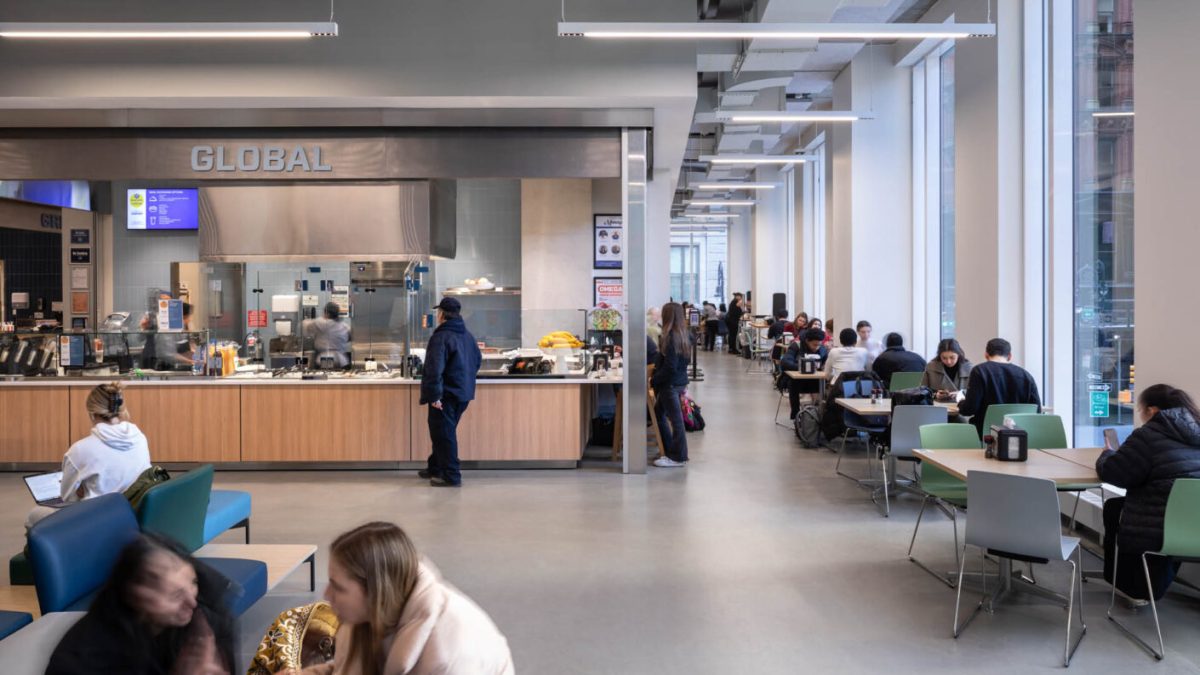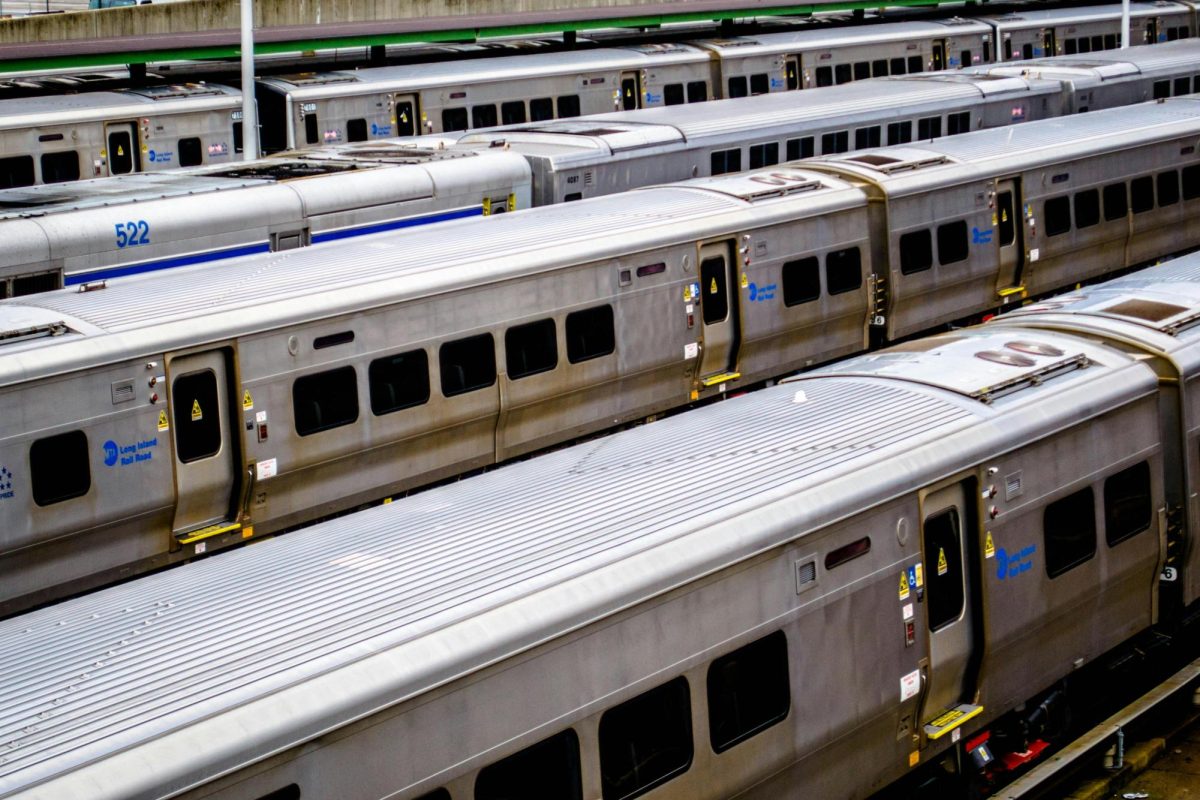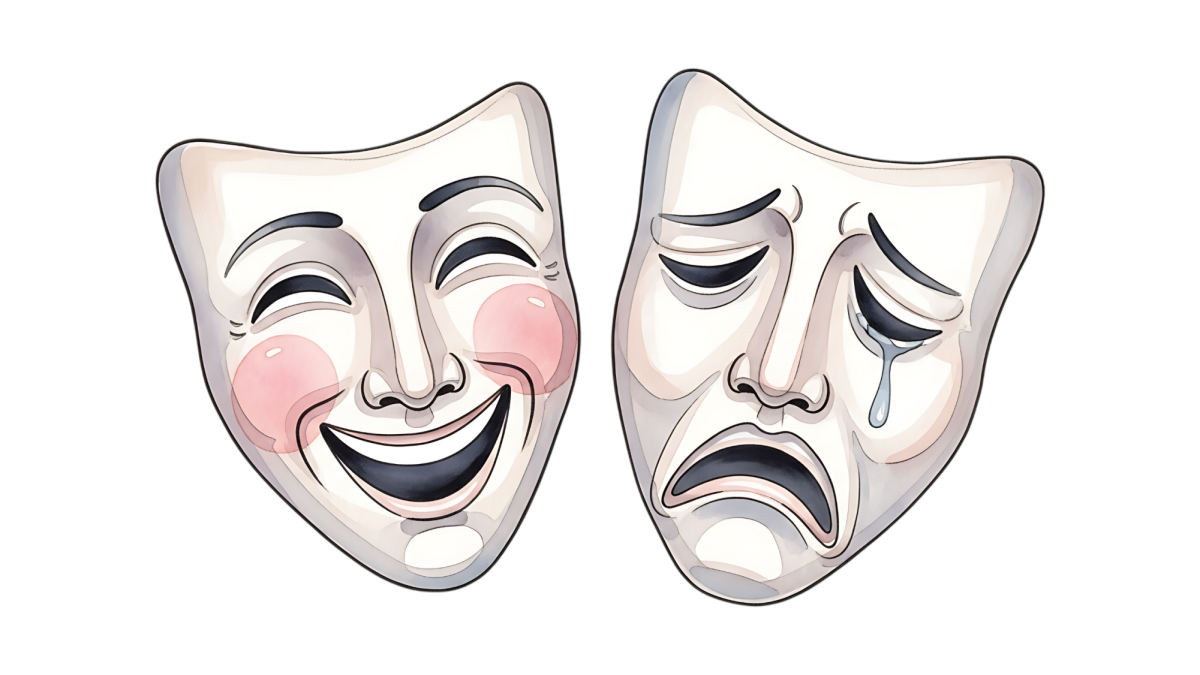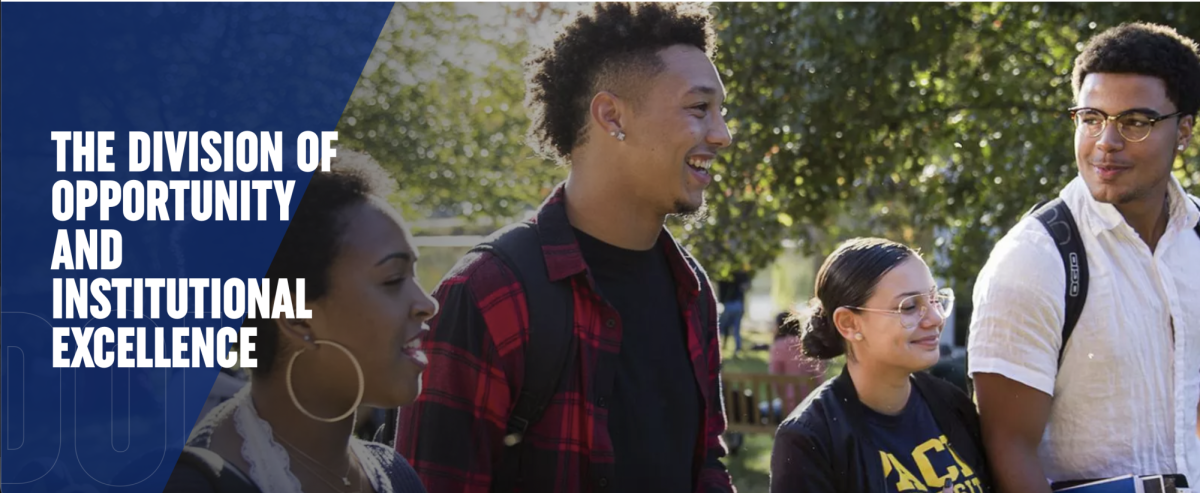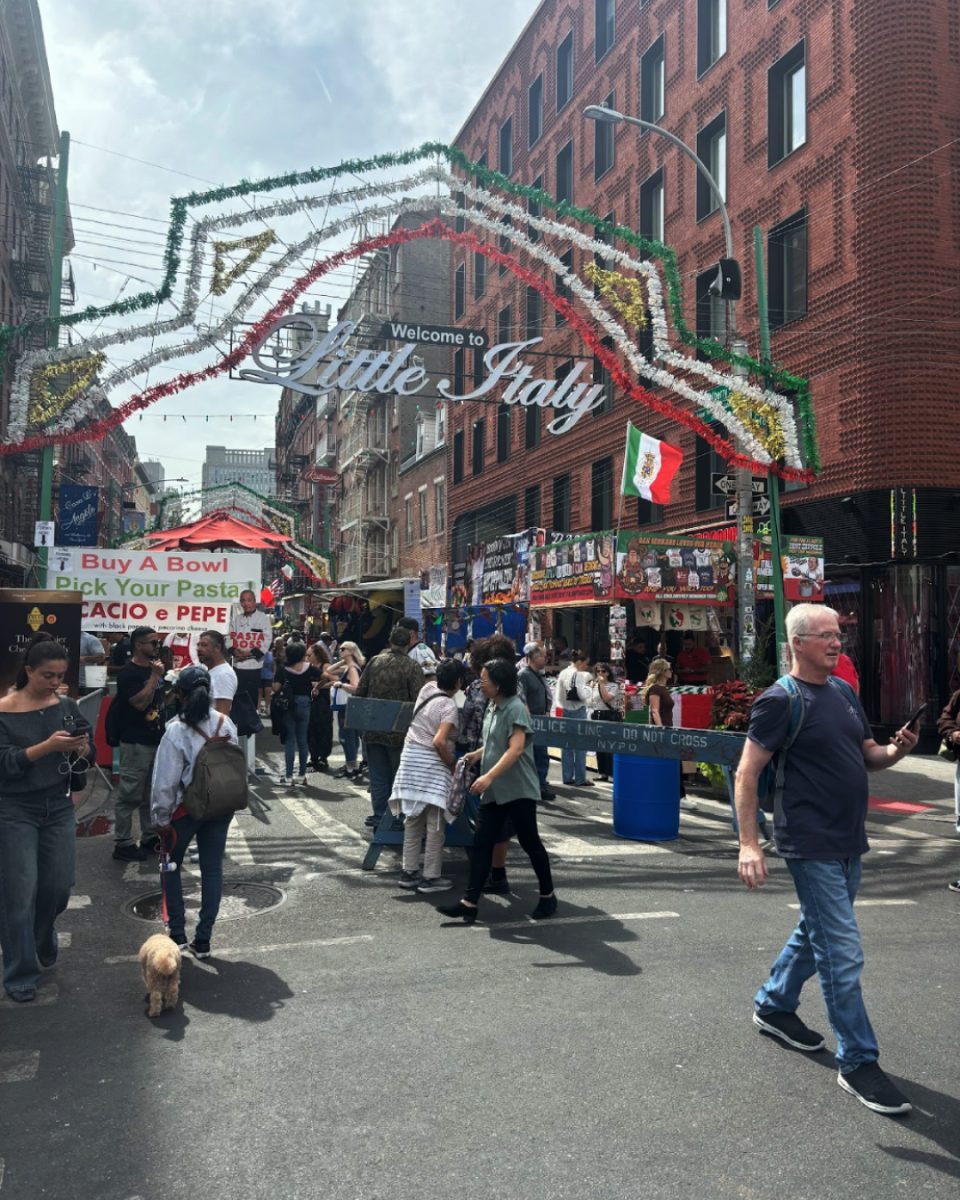It has been about one year since the opening of the University’s 15 Beekman building and, with it, the opening of the brand-new cafeteria complex. From its inception, the changes introduced faced immediate criticism, and many students have questioned whether the cafeteria will be able to upend its initial frosty reception. In the year since the new cafe has relocated to 15 Beekman, there has been a heap of criticism levied against it.
Common criticism includes the elimination of an in-person ordering system, exorbitant prices, students not receiving what they ordered and middling quality. The Pace Press ran a poll to understand where the student population lies on these issues. According to the survey, 56% of the respondents spend around $10-15 at the cafeteria, with many dissatisfied with the result. 90% of the respondents believe that the price they pay at the cafeteria does not reflect the quality of the food they receive. Freshman Sam Hill told The Pace Press about a time at the first-floor Starbucks when staff members continuously got his orders wrong, even at one point refusing to remake the drink. Hill stated, “What is the point in ordering extra stuff if the staff is going to completely disregard what I order, make me wait an hour and then refuse to get me what I paid for?”
But perhaps most distressing is what’s happening with the food served in the cafeteria. To many people, the cafeteria’s faults have been not only annoying but possibly dangerous as well. According to The Pace Press poll, 34% of respondents had found mold on their food, and 73% of respondents believed they had received undercooked food. There were also reports of health issues after consuming the served food and a lack of options for those with dietary differences. Sophomore Trinity Whitmore complained about stomach issues after eating her meals, saying, “I’m scared to eat there because I’m tired of feeling sick for half the week.”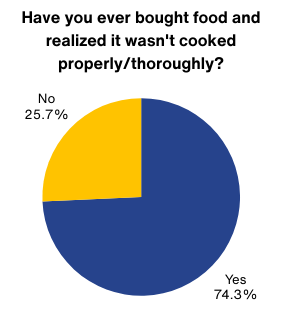
According to the NYC Department of Health, the first-floor Starbucks and the kitchen on the second floor were inspected and awarded an A, with two health code violations. However, the sixth-floor kitchen of 15 Beekman has not yet been awarded a letter grade. Why there has been no award is unknown, but it may have to do with the two violations worth 17 points from the kitchen, including not keeping a Temperature-Controlled for Safety (TCS) foodstuff at the regulated temperature.
Shynae N. Davis, the Dining Compliance Manager for the University replied to an email with questions regarding the reports of mold found on food from the cafe, stating, “To address your comment about mold on the food. To date we have received one compliant [sic] in which a student thought they were served moldy food. The greenish color on the food was a seasonal vegetable item and was grown to have that appearance for taste and aesthetics. We explained this as well provided [sic] food packaging and photos to the student that brought this to our attention. The student was informed about the item and consequently understood the reason for the color.”
When asked about the food safety violations, Davis replied, “To ensure the issues reported do not reoccur we have implemented the following: The General Manager of Chartwells is stationed on the 6th Floor as well as a supervisor at all times, staff have been rigorously trained on food temperatures and quality control, daily walk-throughs are conducted as well as weekly physical inspections, there are temperature logs to record the temperature of every potentially hazards [sic] food and immediate corrective actions are taken if a food is found to be substandard.”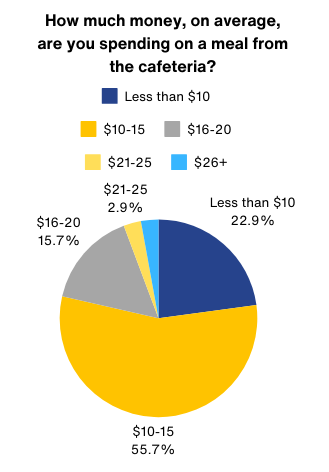
Furthermore, Davis emphasized the need for an open line of communication with university students, detailing how students can have their voices heard, particularly with questions or concerns about the cafeteria. Davis stated that the University has implemented a Dining Advisory Committee (DAC) that meets monthly to discuss dining service recommendations, issues or complaints. According to Davis, the committee facilitates one-on-one conversations between students and Chartwell employees. Regarding other avenues of communication, Davis stated, “There are QR codes on each table of the cafeteria that allow students to leave anonymous feedback. Chartwells’ managers are on each floor of the cafeteria to assist students with questions or issues. Furthermore, we encourage students to email [email protected] with any concerns they may have about the cafeteria.”
It should be noted that the University’s food service provider, Chartwells, has faced scandals in the past. In 2013, a public school whistleblower from Washington, D.C., filed a lawsuit against Chartwells and its parent company, Compass Group, alleging overcharging and failing to deliver what was promised. The claims included overstocking to the point of waste, failing to keep proper inventory, serving spoiled food and understaffing facilities. In 2015,
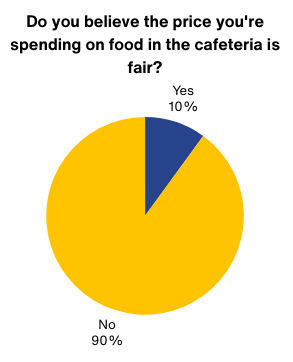 Chartwells and Compass Group settled the case out of court for $18 million. Compass/Chartwells also faced criticism during the COVID-19 pandemic for providing subpar food. Additionally, in 2006, Compass Group employees were accused of bribing United Nations officials to secure food contracts. Even students at other universities have called to divest from Chartwells.
Chartwells and Compass Group settled the case out of court for $18 million. Compass/Chartwells also faced criticism during the COVID-19 pandemic for providing subpar food. Additionally, in 2006, Compass Group employees were accused of bribing United Nations officials to secure food contracts. Even students at other universities have called to divest from Chartwells.
The reputation that the cafeteria has garnered within the past year has not been stellar, and the student body has made it clear they are dissatisfied with the service being provided by Chartwells and the University. Whether or not improvements will be made within the next year is unclear.

